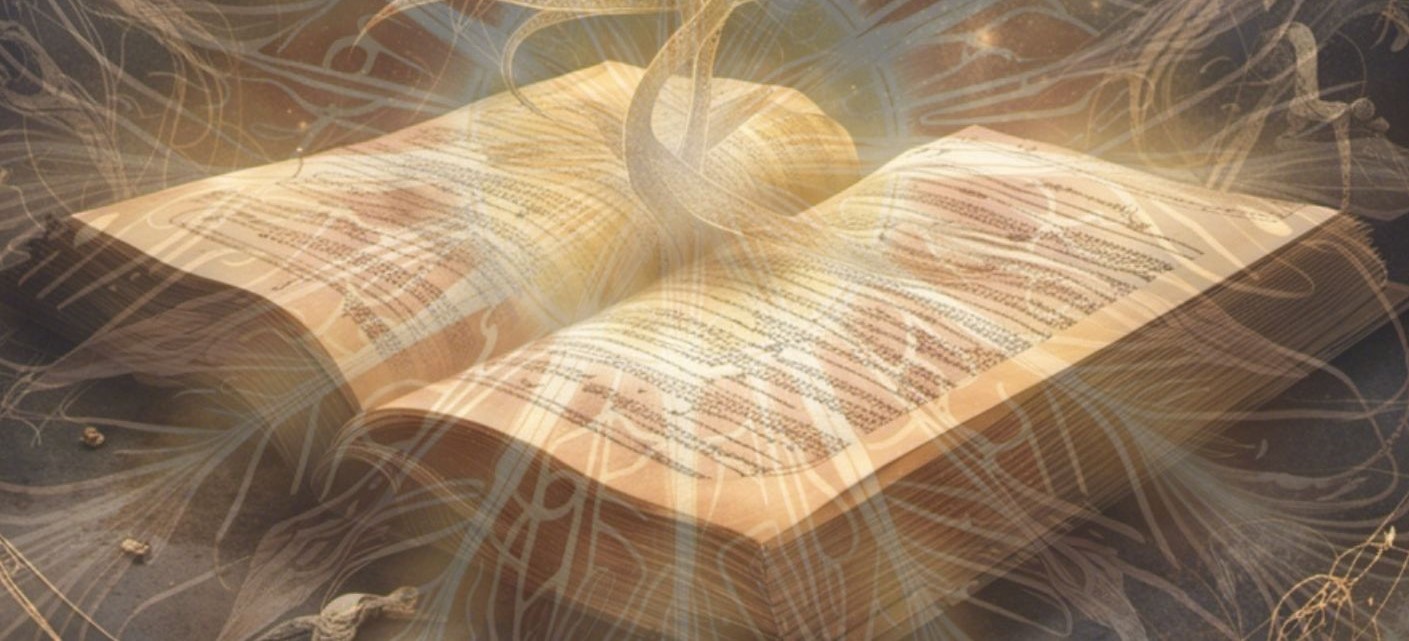Emperor/Empress
Appointment
- The position is hereditary, passing from parent to child within the imperial family.
- In certain cases, when the direct line is disrupted, a carefully selected heir from a collateral branch may be designated as the successor.
Duties
- Head of State: The Emperor/Empress serves as the ceremonial head of state, representing the unity and continuity of the empire.
- Commander-in-Chief: The monarch is often the supreme commander of the imperial military, overseeing its strategic direction.
- Diplomacy: Participating in state visits and diplomatic events to strengthen ties with other nations.
- Judicial Role: In some cases, the monarch might have a role in the legal system, such as granting pardons or hearing appeals.
Grounds for Removal/Dismissal
- The removal of an Emperor/Empress is highly uncommon and typically tied to extreme circumstances like severe incompetence, tyranny, or violation of sacred customs.
- There might be ancient rituals or legal procedures that the Imperial Council or another authoritative body can invoke in extraordinary situations.
- Popular uprisings or significant unrest could, in theory, force an abdication, but these events are historically rare.
Type
Royalty, Hereditary
Status
Still in Effect
Form of Address
Your Highness
Source of Authority
Divine Authority and lineage
Length of Term
Lifetime
Related Locations
Related Organizations


